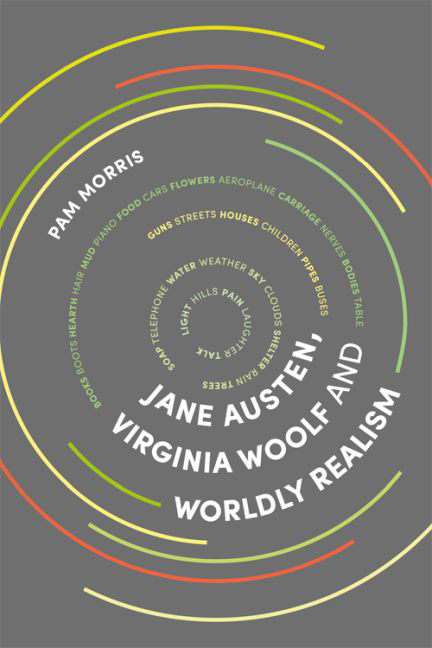4 - The Waves: Blasphemy of Laughter and Criticism
from Part II - Nation and Universe
Published online by Cambridge University Press: 20 April 2017
Summary
The Waves (1931) is widely acknowledged as Woolf's most ambitious and achieved modernist work. Woolf herself appears to underwrite the critical consensus as to its radical break with past conventions, most notably realism. In her diary entry, setting out her aims for the new novel, she writes, ‘I mean to eliminate all waste, deadness, superfluity […] this appalling narrative business of the realist: getting from lunch to dinner: it is false, unreal, merely conventional.’ The impression that, in The Waves, Woolf is relentlessly excluding the social and material in order to focus upon the subjective and spiritual realms of experience is strengthened by further comments in her diary as to the novel's genesis. Her remarks are undeniably couched in what seems the language of idealist interiority. She writes, on 28 September 1926, of experiencing, while at Rodmell, an introspective, melancholy mood that she recognises as the intimation of a new novel. The solitude of Rodmell, she says, allowed expansion of ‘this odd immeasurable soul’ so that ‘one goes down into the well and nothing protects one from the assault of truth’ (Diary, 3.112). A month later, she notes in her diary that the new work is to be a ‘dramatisation of my mood at Rodmell. It is to be an endeavour at something mystic, spiritual; the thing that exists when we aren't there’ (Diary, 3.114). And yet this ‘thing’ that exists in our absence is not otherworldly or immaterial. Adding some remarks ‘on the mystical side of this solitude’, she concludes, ‘it is not oneself but something in the universe that one's left with’ (Diary, 3.113).
The bypassing of self and focus upon the physical universe here is crucial. The Waves is, indeed, a supremely ambitious work. Stylistically and thematically, Woolf moves radically beyond both individualist psychological realism and actualist social realism. Her aim is to produce a comprehensive materialist vision of existence. It is a vision that bases understanding of human life upon the fact of self as embodied and thus in metonymic continuity with the vast scale and duration of the physical world. This worldly realism produces a new egalitarian regime of the perceptible. The language of The Waves ranges horizontally and inclusively from the motility of atoms, nerves and fibres to the movement of tides and solar system.
- Type
- Chapter
- Information
- Jane Austen, Virginia Woolf and Worldly Realism , pp. 107 - 136Publisher: Edinburgh University PressPrint publication year: 2017

